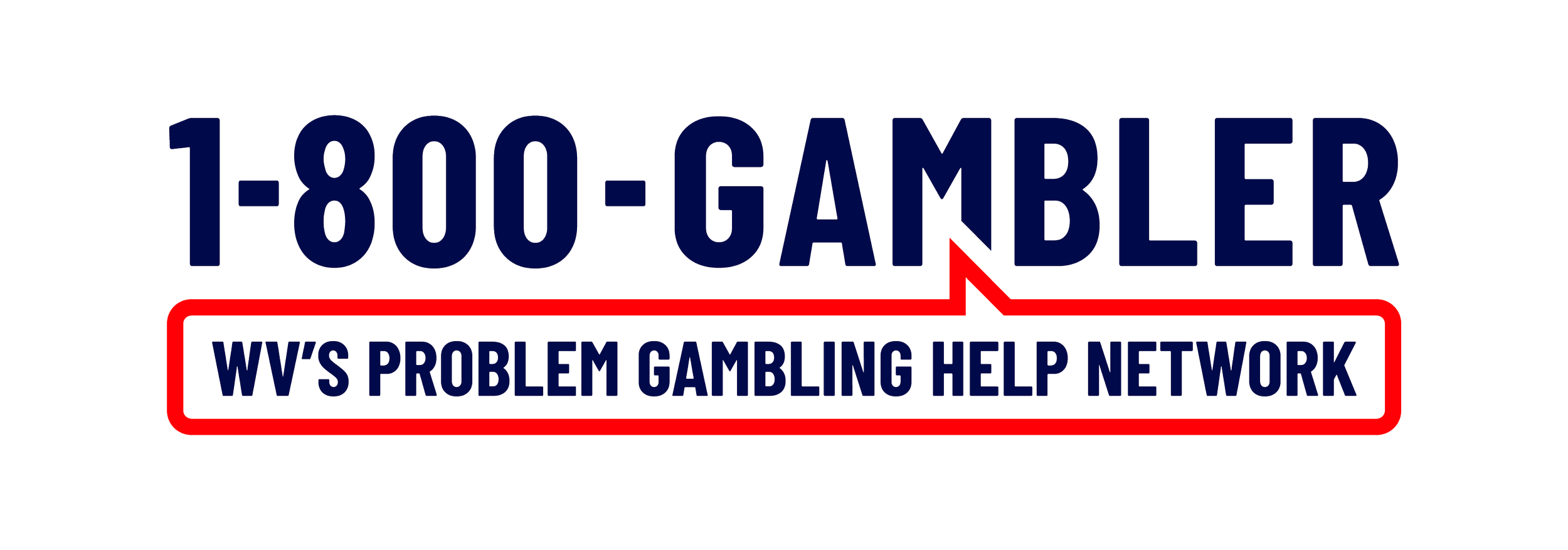For Loved Ones
Many of our calls on the helpline come from the loved ones of a gambler. There are many emotions involved in these conversations. Loved ones may be confused, angry, sad, worried, and unsure of what to do. We often hear, “Why should I get help? I don’t have a gambling problem.”
Gambling takes many forms, but it always involves taking chances, and winning or losing is always random. Problem gambling involves the compulsion to continue gambling despite interfering with daily activities, including personal, financial, and vocational/educational. It is estimated that between 4 and 6 million Americans can be considered problem gamblers. For each person battling a gambling problem, there are loved ones who are suffering as well. Loved ones cannot force a problem gambler to stop; however, they can take steps that will hopefully lead the gambler to get help. We have counselors, support groups, weekend events, other resources, and treatment funds to help loved ones and problem gamblers.
Problem gambling can lead to great financial burden. Many times bill money is lost, possessions are pawned, retirement funds and savings are depleted or extensive credit is owed. Loved ones may not be aware of the extensive debt but may be held responsible. You cannot control the gambler or how they handle money but there are ways to protect your finances as much as possible. For example, remove your name from joint accounts, change the password on accounts, store valuables in a safe deposit box, throw away new offers for credit that come in the mail, refuse to co-sign loans, and ask others not to lend money to the gambler, take over paying household bills and limit access to cash/credit. If the problem gambler commits to stop gambling, encourage them to remove their name from accounts, contact creditors/family, and establish a debt repayment plan.
Since you care about your loved one, saying “no” is difficult when they ask or beg for money. Just like with other addictions, it is crucial not to bail them out or enable them to harm themselves. Know you are helping them, even if they do not realize it at the time. Encourage them to seek help for the problem through counseling, support groups, and other resources. Show support for their recovery, not the addiction.
Be prepared for the ramifications of setting boundaries and removing access to money. The problem gambler is also dealing with many mixed emotions including guilt, shame, anger, and hostility. Consider reaching out for support from other family, friends, clergy, and/or counselors. Keep in mind, change can be slow but change can happen. It will not be easy but it will be worth it.
You cannot force the gambler into therapy, but you can start the healing process by getting help for yourself. Why should you see a counselor? Counseling will start the healing of your wounds, teach you how to protect yourself financially, provide insight on how to do an intervention, explore ways not to enable the gambler, and open the door to the gambler also seeking help.
By calling 1-800-GAMBLER or choosing the chat option on our website, you will reach someone in West Virginia who will take the time to listen and help you find treatment and resources. The call is free, the first appointment is free and there are treatment funds available, if needed, for ongoing sessions. Take the first step today. There is hope, there is help and there is recovery.
